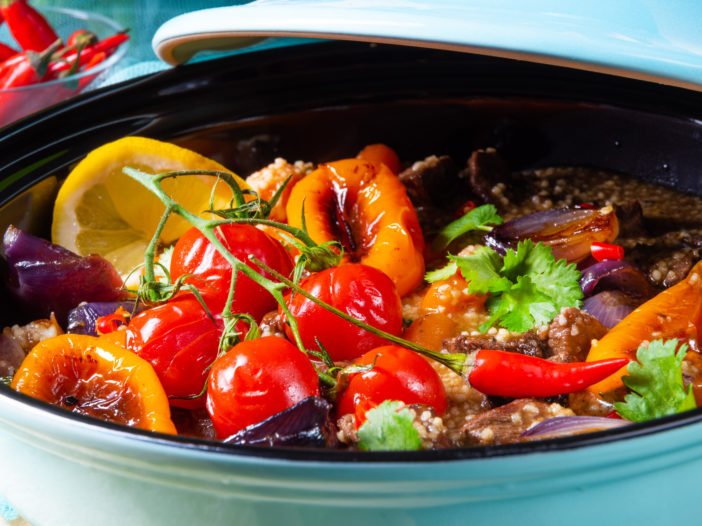
Top ten foods to eat to support your hormones and in turn your menopause
These will help you to fight unwanted symptoms
And help you get your health back on track
When you are over 40, choosing the right foods in your diet is so important. Why?
Firstly, if you are transitioning towards the menopause, they can help you to lay down a solid foundation. Think of it as future proofing your health.
And secondly, choosing the right nutrients will improve some of the unwanted symptoms that are linked to the menopause.
In a nutshell, it’s never too early or too late to start paying attention to your diet.
The peri/menopause is a time of huge hormonal changes
And to get the best out of your hormones, they need to be carefully nourished. Choose the right foods and your body will thank you. You will glow with vitality and your health will be transformed. Get it wrong and you could be in for a rocky ride.
Here are my favourite top 10 foods that you should include in your diet to support this time of life.
Fatty fish such as salmon
Salmon is a rich source of omega-3 fatty acids and vitamin D. Vitamin D supports healthy bones and reduces the risk of chronic diseases. The risk of osteoporosis and cancer increase at this time of life.
The essential fatty acids found in salmon are powerful anti -inflammatories.
Eating 3 portions of fatty fish week can help to reduce painful joints, dry hair and skin, mood swings, nigh sweats, lack of motivation as well as fatigue and difficulty losing weight.
Cruciferous vegetables such as cabbage, broccoli, sprouts and cauliflower
The role of these vegetables in supporting menopause symptoms and reducing oestrogen-dependent cancers has been extensively researched. They contain a compound called indol-3 -carbinol which has a positive role in balancing oestrogen levels within the body. They are also a good source of fibre which helps to get rid of excess oestrogen from the body. Aim to eat a varied selection of cruciferous vegetables into your diet daily.
Whole grains, such as brown rice, oats, buckwheat and quinoa
These complex carbohydrates create a lovely slow reduce of energy throughout the day and help reduce the feelings of fatigue and exhaustion. They are a good source of fibre and contain B vitamins which are essential for energy metabolism. They also have a role in looking after your heart health and reducing the risk of diabetes.
Leafy greens such as spinach and kale.
These are super helpful foods. And delicious too! They contain a whole raft of hormone supporting nutrients such as calcium, potassium, B vitamins, fibre and magnesium.
B vitamins and magnesium will support good energy levels. Magnesium will also help with sleep and mood. And potassium and calcium will keep your bones strong.
Plant proteins such as lentils, nuts, seeds, beans, quinoa and tofu
Protein is often described as the building block of our bodies. As you age, including protein in your diet becomes very important. Protein strengthens and repairs your muscles, supports your immune system and helps with your bone strength. As oestrogen levels drop, you begin to lose muscle mass and bone strength. Combat these unwanted side effects by including good sources of protein in every meal.
Phytoestrogens such as flax seeds, chickpeas and lentils.
These are key nutrients for hormone balancing. They can mimic the effects of oestrogen (when required) and reduce the symptoms such as night sweats, hot flushes and memory problems. The good thing is that they also block oestrogen receptors in your breast and womb and therefore do not increase the risk of oestrogen dependent cancers.
Colourful vegetables and berries such as blueberries, strawberries, peppers, carrots, squash and tomatoes.
Fruit and vegetables are powerful antioxidants and good sources of vitamin A, C and E. They prevent free radical damage and slow down the process of ageing and all the side effects that come with it. e.g., wrinkles, weight gain, heart disease and cancers.
Drink plenty of water
This something that many people struggle with, but it is critical for good health. After all, our bodies are made up of two-thirds water and we lose a lot through weeing, breathing and sweating. Common symptoms of dehydration include joint pain, bloating, headaches and irritability – all common complaints associated with the peri/menopause. It may just be a case of increasing water intake to 6- 8 glasses per day to benefit.
Fibre such as oats, rye bread, pulses, nuts and seeds.
Fibre is an important part of keeping your digestive system and bowels working well. Your digestive system plays an important role in your hormonal health. It helps to excrete old oestrogens from your body. This is important as circulating oestrogens are not helpful for your overall health and increase the risk of some cancers
And finally reduce alcohol
Alcohol is a diuretic and undoes all your good work as you could lose some valuable nutrients. So, try and drink in moderation. If you drink too much, it puts your liver under a lot of pressure and may prevent it from detoxifying and getting rid of excess oestrogen from your body. It can also interfere with the metabolism of fatty acids resulting in mood swings and hot flushes.
So, there you have it! My top 10 food groups for a happy and healthy menopause. If you want more tips like this, why don’t you download my free starter kit for a happy and healthy menopause here.

